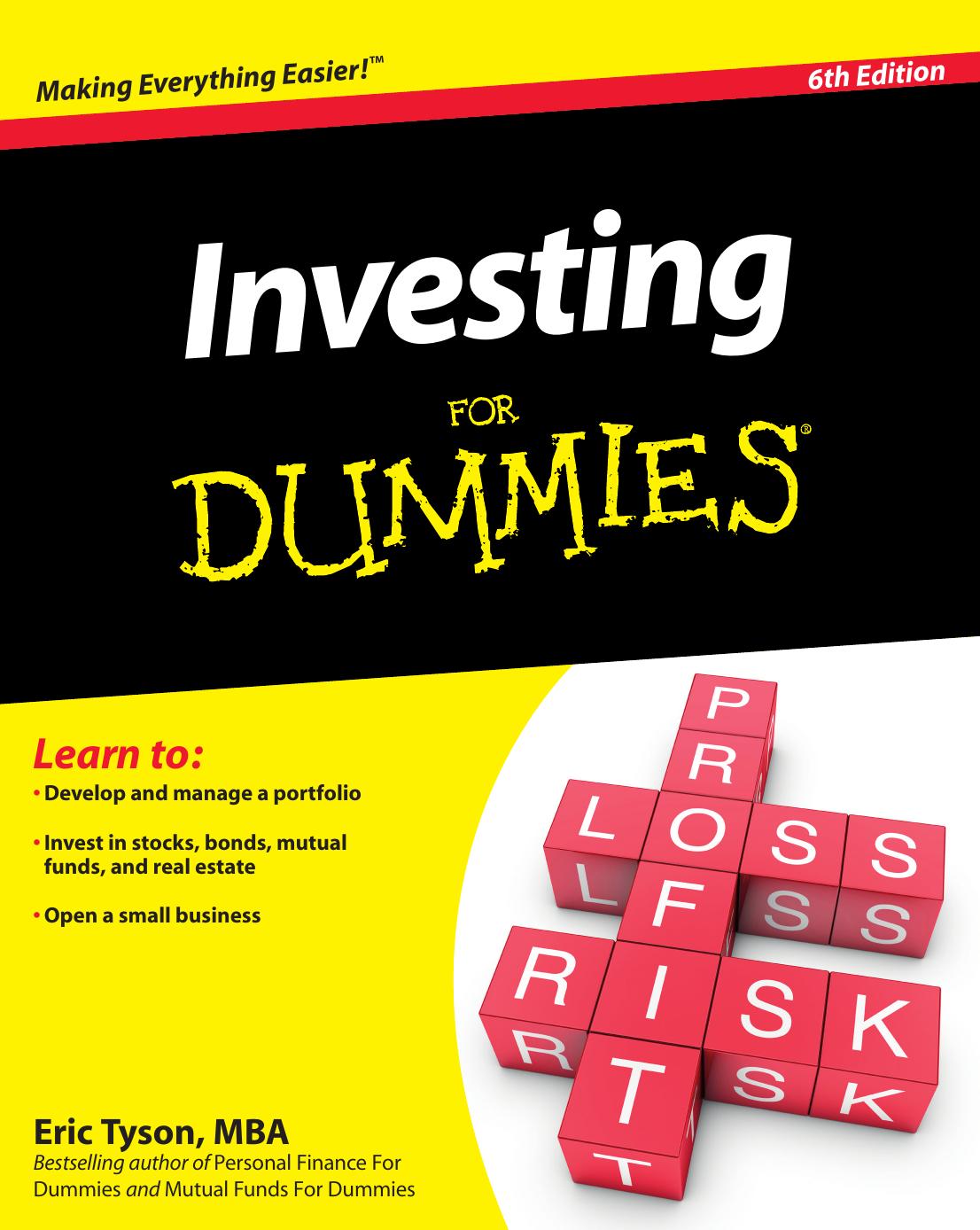Investing for Dummies by Tyson Eric

Author:Tyson, Eric [Tyson, Eric]
Language: eng
Format: mobi, epub, pdf
Published: 2011-11-05T18:56:30.866620+00:00
Renters
$2,500
2,500
Owners
2,000
Renters
$1,800
$1,690
Owners
Figure 10-1:
1,500 Owners
Owners Renters
$1,360
Owners Renters
$1,140
Because
$920
Renters
$1,080
$980
$940
of inflation,
1,000
$800
Monthly cost
renting is
500
generally
more costly
0
in the
1 5 10 20 30
long run.
Year
*See text for assumptions.
As you can see in Figure 10-1, although it costs more in the early years to own, owning should be less expensive in the long run. Renting is costlier in the long term because all your rental expenses increase with inflation. Note: I haven’t factored in the potential change in the value of your home over time.
Over long periods of time, home prices tend to appreciate, which makes owning even more attractive.
16_9780470905456-ch10.indd 200
16_9780470905456-ch10.indd 200
7/22/11 9:13 PM
7/22/11 9:13 PM
Chapter 10: Investing in a Home
201
The example in Figure 10-1 assumes that you make a 20 percent down payment and take out a 7 percent fixed-rate mortgage to purchase the property. It also assumes that the rate of inflation of your homeowners insurance, property taxes, maintenance, and rent is 4 percent per year. If inflation is lower, renting doesn’t necessarily become cheaper in the long term. In the absence of inflation, your rent should escalate less, but your homeownership expenses, which are subject to inflation (property taxes, maintenance, and insurance), should increase less, too. And with low inflation, you can probably refinance your mortgage at a lower interest rate, which reduces your monthly mortgage payments. With low or no inflation, owning can still cost less, but the savings versus renting usually aren’t as dramatic as when inflation is greater.
Recouping transaction costs
Financially speaking, I recommend that you wait to buy a home until you can see yourself staying put for a minimum of three years. Ideally, I’d like you to think that you have a good shot of staying with the home for five or more years. Why? Buying and selling a home cost big bucks, and you generally need at least five years or low appreciation to recoup your transaction costs.
Some of the expenses you face when buying and selling a home include the following:
✓
Inspection fees: You shouldn’t buy a property without thoroughly checking it out, so you’ll incur inspection expenses. Good inspectors can help you identify problems with the plumbing, heating, and electrical systems. They also check out the foundation, roof, and so on. They can even tell you whether termites are living in the house. Property inspections typically cost at least a few hundred dollars up to $1,000 for larger homes.
✓
Loan costs: The costs of getting a mortgage include such items as the points (upfront interest that can run 1 to 2 percent of the loan amount), application and credit report fees, and appraisal fees.
✓
Title insurance: When you buy a home, you and your lender need to protect yourselves against the chance — albeit small — that the property seller doesn’t actually legally own the home that you’re buying.
That’s where title insurance comes in — it protects you financially from unscrupulous sellers. Title insurance costs vary by area; 0.5 percent of the purchase price of the property is about average.
✓
Moving costs: You can transport all your furniture, clothing, and other personal belongings yourself, but your time is worth something, and your moving skills may be limited.
Download
Investing for Dummies by Tyson Eric.epub
Investing for Dummies by Tyson Eric.pdf
This site does not store any files on its server. We only index and link to content provided by other sites. Please contact the content providers to delete copyright contents if any and email us, we'll remove relevant links or contents immediately.
Rich Dad Poor Dad by Robert T. Kiyosaki(6632)
Pioneering Portfolio Management by David F. Swensen(6300)
How To Win Friends and Influence People by Dale Carnegie(4512)
The Money Culture by Michael Lewis(4207)
The Dhandho Investor by Mohnish Pabrai(3764)
The Wisdom of Finance by Mihir Desai(3746)
Liar's Poker by Michael Lewis(3447)
Fooled by Randomness: The Hidden Role of Chance in Life and in the Markets by Nassim Nicholas Taleb(3123)
The ONE Thing by Gary Keller(3071)
Mastering Bitcoin: Programming the Open Blockchain by Andreas M. Antonopoulos(3042)
The Intelligent Investor by Benjamin Graham Jason Zweig(3041)
The Psychology of Money by Morgan Housel(3036)
Rich Dad Poor Dad: What The Rich Teach Their Kids About Money - That The Poor And Middle Class Do Not! by Robert T. Kiyosaki(2958)
Investing For Dummies by Eric Tyson(2953)
How to Day Trade for a Living: Tools, Tactics, Money Management, Discipline and Trading Psychology by Andrew Aziz(2949)
How to Win Friends and Influence People by Dale Carnegie(2915)
Market Wizards by Jack D. Schwager(2700)
How to Pay Zero Taxes, 2018 by Jeff A. Schnepper(2655)
Zero Hour by Harry S. Dent Jr. & Andrew Pancholi(2647)
